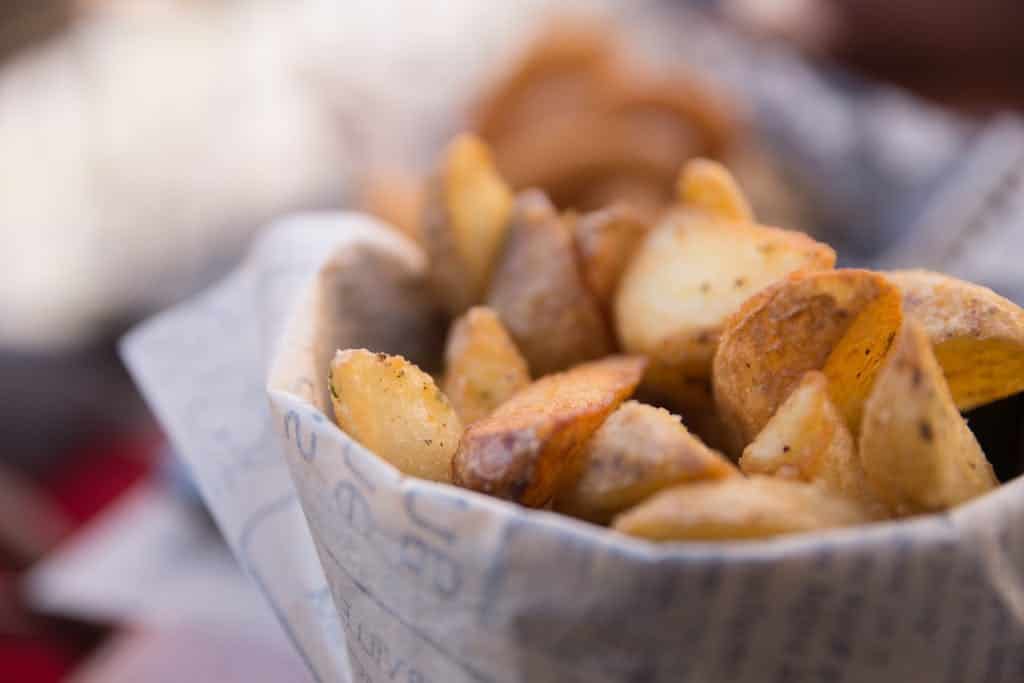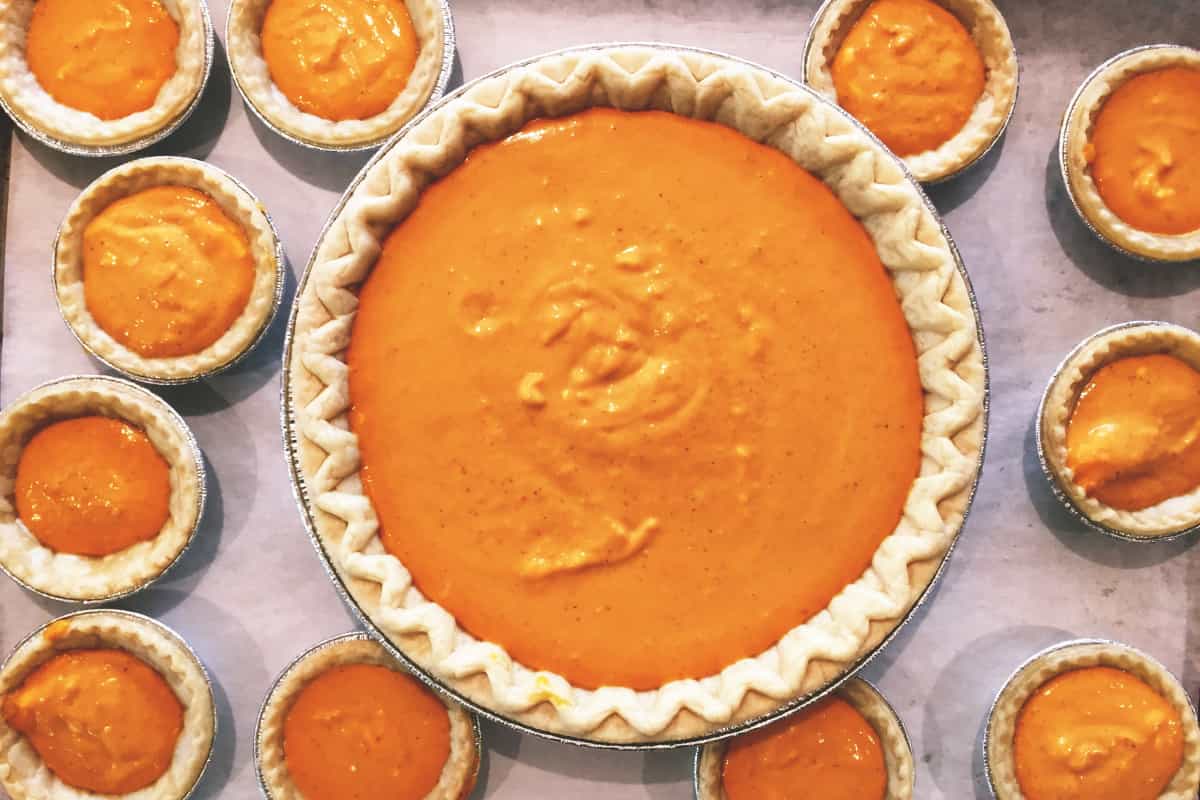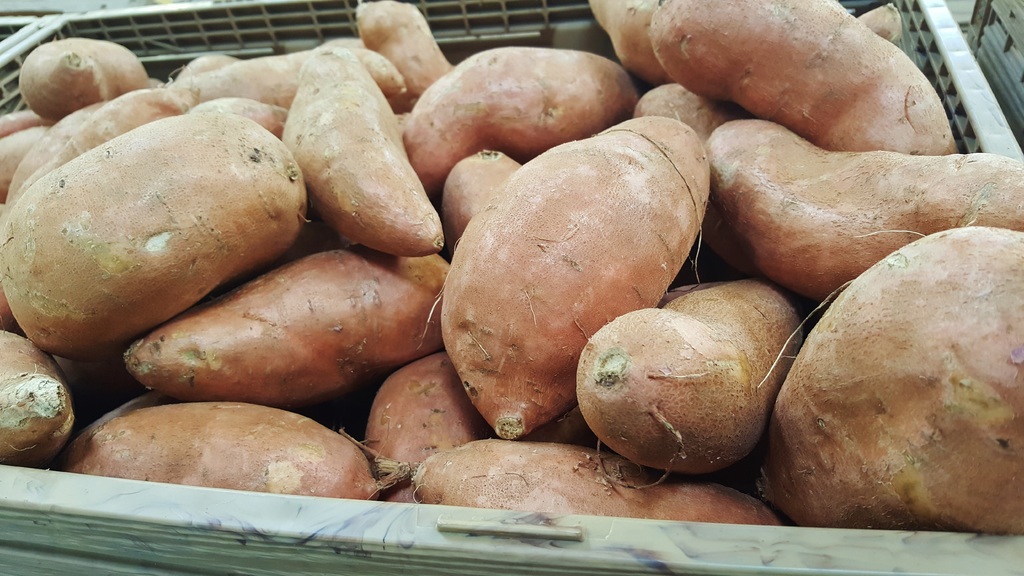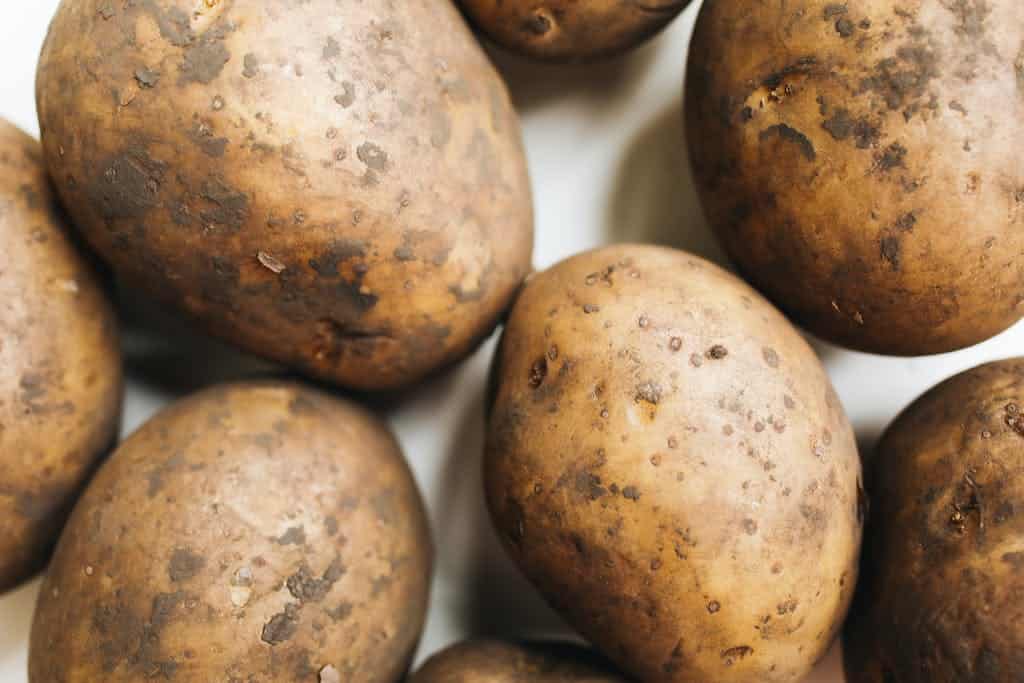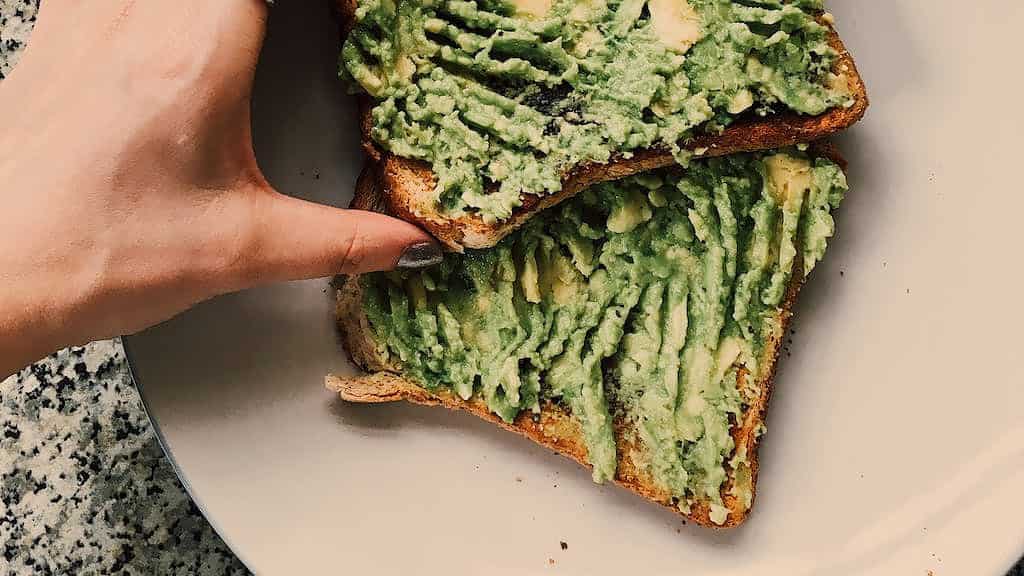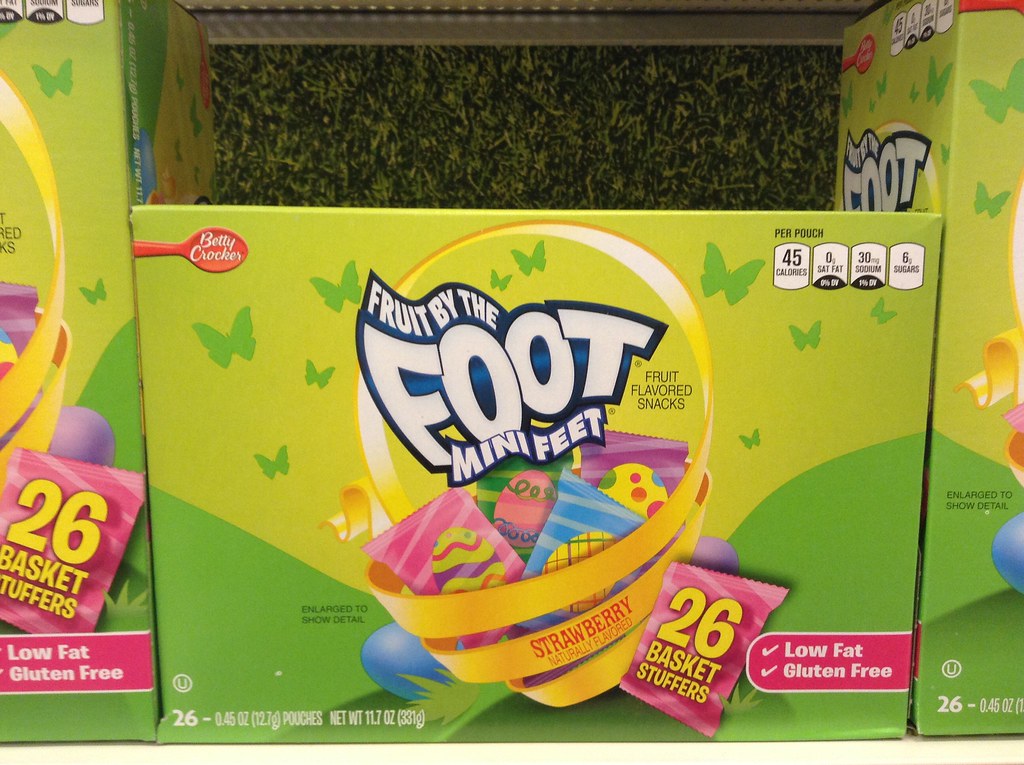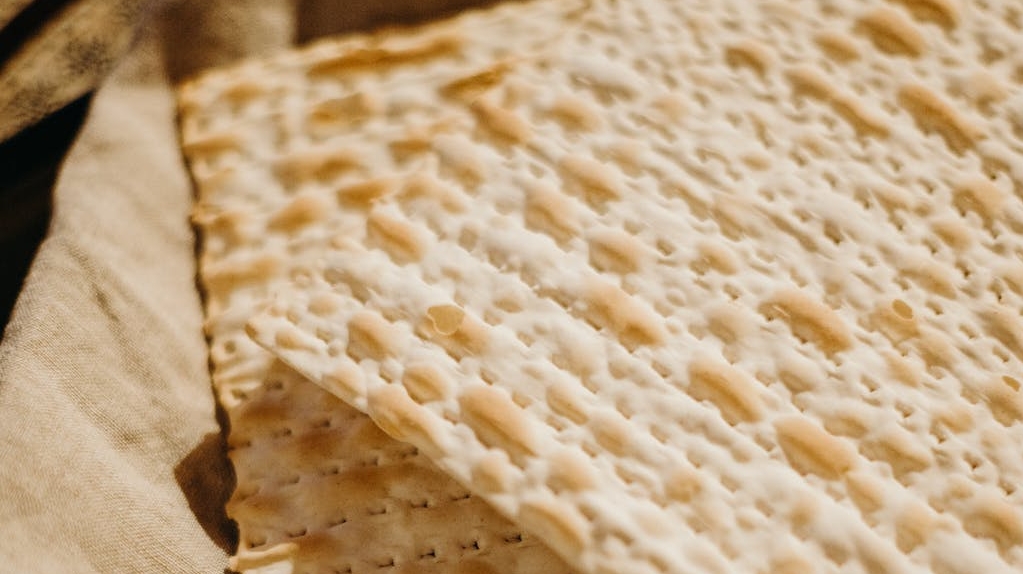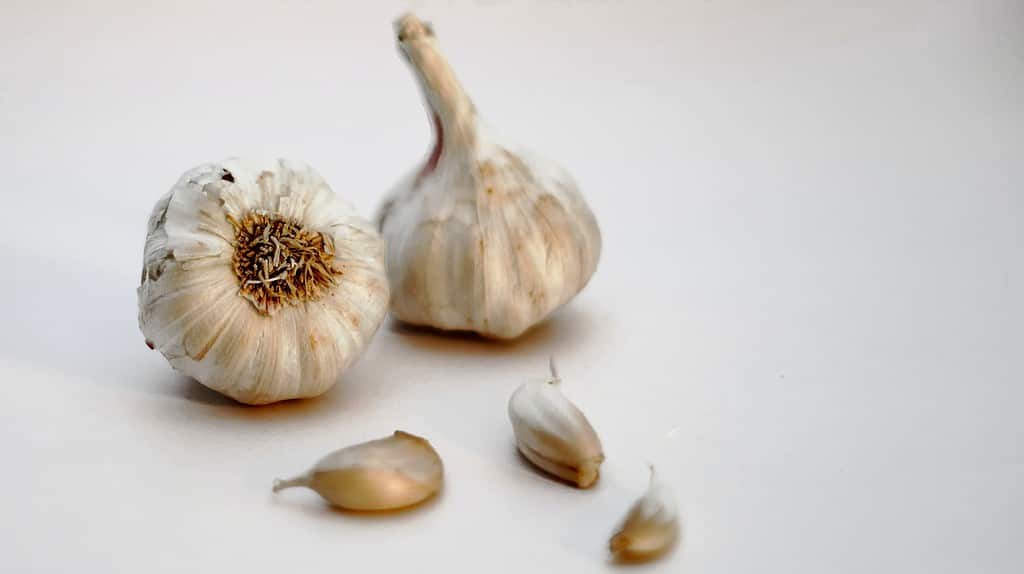Key Takeaways:
- Potato wedges should not be fed to dogs on a regular basis.
- Seasonings and toppings on potato wedges can be harmful to dogs.
- Fried potato wedges are high in fat and can lead to weight gain in dogs.
- Raw potato wedges should never be given to dogs as they contain solanine, which is toxic to dogs.
- If you want to give your dog a potato treat, opt for plain boiled or baked potatoes in moderation.
- Consult with your veterinarian before introducing any new food to your dog’s diet.
Summary
Can dogs eat potato wedges? In short, the answer is no, as potato wedges are usually fried and seasoned, which can be harmful to our furry friends. However, it is crucial to understand the reasons behind this and learn about what types of potatoes are safe for dogs. The remainder of the article provides comprehensive information on the potential dangers of potato wedges for dogs, alternative safe options, and useful tips for feeding your canine companion a balanced and nutritious diet. So, if you want to ensure the well-being of your four-legged friend, keep reading to discover everything you need to know about dogs and potatoes.

Are Potato Wedges Safe for Dogs?
Potato wedges are a popular snack among humans, but can dogs safely consume them? While potatoes themselves are not toxic to dogs, it’s important to note that potato wedges are often seasoned and cooked in oil, which can be harmful to your furry friend. The high fat content in fried potato wedges can lead to digestive issues, pancreatitis, and even obesity in dogs. Additionally, the seasoning used on potato wedges, such as salt, garlic, or onion powder, can be toxic to dogs in large quantities.
Potential Risks of Feeding Potato Wedges to Dogs
Feeding your dog potato wedges can pose several risks. As mentioned earlier, the high fat content in fried potato wedges can lead to gastrointestinal upset, including vomiting and diarrhea. The excess oil can also cause pancreatitis, a painful inflammation of the pancreas. Furthermore, the seasoning used on potato wedges can be harmful to dogs. Salt, for example, can cause sodium ion poisoning, while garlic and onion powder can damage a dog’s red blood cells.
Healthier Alternatives to Potato Wedges for Dogs
If you’re looking for a healthier alternative to potato wedges, there are several options you can consider. Boiled or baked plain potatoes, without any seasoning or oil, can be a safe and nutritious treat for dogs. Sweet potatoes, in particular, are a great choice as they are packed with vitamins and fiber. Just make sure to cut them into appropriate sizes to prevent choking hazards. Additionally, there are commercially available dog treats made from potatoes or sweet potatoes that can be a safer option for your furry friend.
Feeding Potato Wedges in Moderation
If you still want to share a small amount of potato wedges with your dog, it’s crucial to do so in moderation. Remember that dogs have different dietary needs than humans, and their bodies may not tolerate certain foods as well. Limit the portion size and frequency of potato wedges to prevent any potential health issues. Always consult with your veterinarian before introducing any new food into your dog’s diet to ensure it is safe and appropriate for them.
Signs of Potato
Recipes and Alternatives to potato wedges for dogs
While potato wedges may be a tasty treat for humans, they are not recommended for dogs. Potatoes, especially when fried or seasoned, can be difficult for dogs to digest and may cause gastrointestinal upset. It’s important to prioritize your dog’s health and provide them with safe and nutritious alternatives. Here are some dog-friendly foods you can offer instead:
Can Dogs Eat Potato Wedges FAQ
1. Can dogs eat potato wedges?
Yes, dogs can eat potato wedges, but it’s important to take certain precautions and consider a few factors before giving them to your furry friend.
2. Are potato wedges safe for dogs?
Potato wedges can be safe for dogs when prepared properly. However, there are a few things to keep in mind:
- Avoid giving dogs store-bought or restaurant potato wedges that may contain added ingredients or seasonings that can be harmful to dogs, such as salt, onion powder, garlic, or other spices.
- Ensure that the potato wedges are thoroughly cooked and not raw or undercooked, as raw potatoes can be difficult for dogs to digest.
- Remove any toppings or sauces from the potato wedges, as they may contain ingredients that are unsafe for dogs.
3. Are there any benefits to feeding potato wedges to dogs?
Potato wedges can provide some nutritional benefits to dogs when given in moderation:
- Potatoes are a good source of carbohydrates that can provide energy to dogs.
- They also contain some vitamins and minerals, such as vitamin C and potassium.
However, it’s important to note that potatoes should not be the primary source of nutrition for dogs, and a well-balanced diet is essential for their overall health.
4. Are potato wedges suitable for all dogs?
While potato wedges can be safe for dogs, they may not be suitable for all dogs or dietary restrictions. Take the following into consideration:
- Dogs with certain health conditions, such as diabetes, pancreatitis, or obesity, may need to avoid or limit their intake of potatoes or other high-carbohydrate foods.
- Some dogs may have allergies or sensitivities to potatoes, which can cause digestive issues or allergies. Consult with your veterinarian if your dog has any known allergies.
5. How should potato wedges be prepared for dogs?
If you want to offer potato wedges to your dog as an occasional treat, follow these guidelines:
- Choose plain, unseasoned potato wedges without any added salt, spices, or toppings.
- Bake or roast the potatoes until they are fully cooked and soft. Avoid frying or using excessive oil, as greasy foods can be harmful to dogs.
- Allow the potato wedges to cool before offering them to your dog to prevent any burns or mouth injuries.
- Consider cutting the wedges into smaller pieces or mashing them to make it easier for your dog to eat and digest.
6. How much potato wedges can I give my dog?
Potato wedges should only be given to dogs in moderation and as an occasional treat. They should not replace a balanced diet. Too many potato wedges can lead to weight gain, digestive upset, or other health issues.
7. What are the alternatives to potato wedges for dogs?
If you’re looking for alternative treats or healthy additions to your dog’s diet, consider the following options:
- Offer cooked, plain sweet potato chunks or slices, which are generally safe and nutritious for dogs.
- Explore other dog-friendly fruits and vegetables, such as apples, carrots, green beans, or pumpkin.
- Choose commercially available dog treats that are specifically formulated for dogs, as they undergo rigorous testing and are tailored to their nutritional needs.
Remember, it’s always best to consult with
Conclusion
In conclusion, while dogs can technically eat potato wedges, it is not recommended. Potato wedges are often seasoned with ingredients that can be harmful to dogs, such as onion powder and garlic powder. Moreover, these foods are usually cooked in oil, which can cause stomach upset in dogs and even lead to pancreatitis. Additionally, potato wedges are high in fat and carbohydrates, which can contribute to weight gain and other health issues in dogs. It is always best to prioritize dog-friendly and nutritious foods specifically formulated for their dietary needs. If you want to treat your furry friend, there are safer options available, such as plain, boiled potatoes or specially made dog treats.
📚 Sources:
